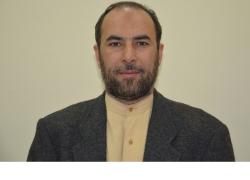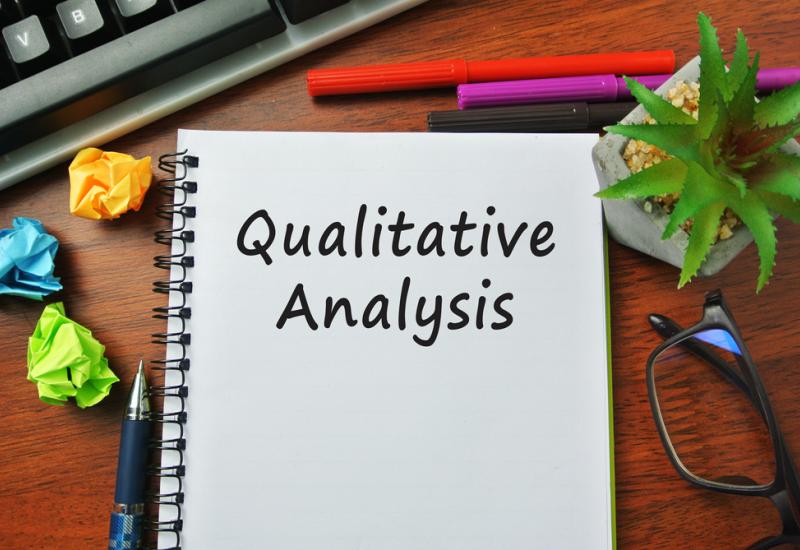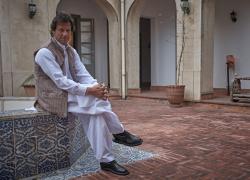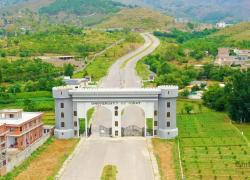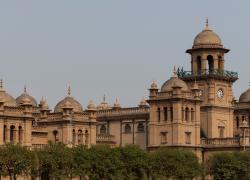How to complete your Ph.D. quickly?
Tim Marler and Dean Young former doctoral students are of the opinion that the path “to obtaining a doctoral degree efficiently is not obvious, and the guidelines in this regard can be elusive, unspoken and often unrealized”. However, I believe, some of the important points which are given here in this blog post, if taken into serious consideration, will help the scholars in completing their Ph.D. quickly. These are explained here in detail
Effective time management
On the face of it, it looks simple enough to put this all into your diary and stay organized but putting it in practice, is really a challenging task. Little adjustments and few sacrifices on some activities may be helpful. However, the scholars need not to panic when the things are not going the way they wanted. Possible delays need to be anticipated and they should be prepared to accommodate and priorities things effectively. I feel this is the key to Ph.D., as many students fall short, due to poor time management. To me, if the scholars are done with effective time management, they are done with the Ph.D.
Choosing a supervisor carefully
To have a good supervisor, who is helpful and dedicated, is a wonderful thing. As a matter of fact, a doctoral student has to manage and look after all of his/her work, all on his/her own. Even then, a good supervisor is not less than a blessing. While choosing a supervisor, the scholars should exercise utmost care. I suggest, the scholar should meet his/her prospective supervisor several times beforehand. It is important to check his/her academic background. Consider his/her personal traits. Inquire his Ph.D. students whether they are/were comfortable working with him/her. Many may seem dedicated and helpful in the beginning, but have been experienced not to be responding to phone calls, emails and text messages or it used to take them months to comment on the piece of work the scholars submitted. This area receives the minimal of attention from the scholars. In fact, they have limited options at their disposal. But it is a lame excuse.
In my area of interest, I had limited options, too. There were very few supervisors available in my area at the time when I reached the research work stage. Even then, I searched and met a couple of professors, at least three, to make the final decision. All were fantastic researchers and were experts in their area, but in the two to three meetings I felt it would be hard for me to get along for differences in approach. With one of them, I had more than a dozen meetings and loaded intellectual discourse but he was having serious differences of opinion with me on certain things. Now, I realize that if I would have selected them as my supervisor, then I infer from other cases, I would have been still stuck in my research proposal, like some of my other colleagues.
Be patient
At any moment the scholars should not lose patience. Sometimes, the things would not be in your hands. Sometimes, things would not be in the supervisor’s hands. Sometimes, the things would not be even in your university’s control. One should be realistic. One needs not to panic about if the things are not moving in the direction you envisaged. One has to be dead patient about it. This is the only area, I made a terrible mess out of it. I made certain mistakes on this account. I was exceedingly frustrated at the delayed process, reckoning that I was the best and brightest among the Ph.D. students, performing a great job and producing excellent results but the things were not going the way I wanted and always complained to my supervisor about it, but one learns each day and I learnt that probably the things were not in his control, either. I just lost patience and nothing else. I feel, the scholars should realize this important lesson. I learnt from my own mistakes and shared my experiences with the readers in a candid manner so that they learn from my mistakes.
Regular follow up
Once the selection of a supervisor is finally made, then frequent meetings with him/her are advisable. Initially, a meeting in a fortnight will be perfectly Ok. If appropriate, remind him/her what tasks were hashed out previously, what were completed and what remained incomplete. Do this consistently and regularly. But beware. The direction you receive from time to time may change, and memories can be short for academics juggling teaching, research, publications and administration. But the scholars should not forget this important point. By bits and pieces, the thesis is put together. It is not done in a day or two.
I met with my supervisor and co-supervisor, very regularly and frequently, every three weeks during my research work and finished with my thesis in three years, which is even a long time by any means. I recommend the scholars do not let their supervisor off the hook and never overlook to meet on a set schedule. But remember, do not alienate your supervisor by too many loaded text messages and unnecessary emails. Always give him/her the courtesy of at least two weeks time to review your work. They are very busy people too and it will be more productive if they manage to check your work in advance.
Teamwork
The scholars should always keep in mind that it is a matter of strong nerves to survive your Ph.D. For this, I, always suggest that the scholars to take help of a friend or colleague in certain areas, where they can be of great help. For example; proofreading, drawing figures, plotting diagrams and putting you bibliography reference material in order. These are simple things which save not only precious of your time but also help in doing minor things in a more lucid and professional manner.
Channelizing assignments and independent studies
During the course of Ph.D. studies, the scholars have to complete a number of class assignments and have the option to take a number of independent studies. It is important for them to direct all such tasks towards research work for the dissertation. This is very helpful but very few really understand its worth. Many of them are left experimenting with the research assignments and independent studies. For this, it is critically important that the scholar should have decided his/her research area for the dissertation, much earlier.
If the scholar conducts literature review or research projects for the independent studies during the coursework, chipping-in towards the area what he/she wants to pursue a thesis on, there is nothing like that. This helps a lot in saving precious time, down the line, in the dissertation phase while assisting in the completion of some portion of the dissertation before time.
During the course of my MPhil studies, I directed a whole lot of my class assignments towards one single area in which I was interested to pursue for my thesis. During the Ph.D. studies, I did one independent study on my research area for the thesis. This helped in completing one chapter of my thesis. By the time I reached the proposal stage, I truly had the first two chapters of my thesis somewhat in a fine shape.
Narrowing down the research topic
It is not uncommon that the scholars, initially, look too ambitious. This allows them to select an area that is as much as broad as suitable for six Ph.D. studies or even more. Management of such a broad area has always been intricate. And nobody wants to spend 10 years on his/her Ph.D. I have committed this mistake. I have learnt from it, but it cost me additional six months to finally narrow it down. This is very important to select a topic as narrow as possible. A narrow topic might seem that the scholars would not be able to find rich literature or would not have enough data available. Nevertheless, the experts see more wisdom in a strong but narrow research design and this is what I have personally experienced. The manner in which the scholars narrow down their topic, it is getting more relevant and acceptable for publication.
Remaining focused
This is, in fact, the hardest job during the entire journey. It is easy to say that the scholars need to remain focused all the time, but difficult to practically prove it. Remaining focused, perseverance and finishing the tasks well in time, (I must say before time) are regarded as the most important traits and qualities the scholars need to develop and exhibit once the coursework is completed. What I have observed that during the research work, when one loses his momentum it is difficult to restore it instantly. One of the thorny issues with me during the research work was to remain focused all the time. Whenever I lost direction, it took me days and even weeks to put myself back on track. So, I advise the scholars, not to allow themselves, get easily distracted. The frequent distractions may be grievous at times and I fear some might lose their momentum to the extent to cost them their Ph.D.
Checking thesis from a friend
Before submission of the thesis to your university for evaluation, I strongly advise that the scholars should check it with a friend or a colleague. This really helps. Take their sincere advice in an objective manner. I personally checked my thesis through three of my senior and seasoned colleagues who did their PhDs (all of them) from the prestigious universities in the UK. This was followed by face to face discussion with them on each point they made. I followed their instructions, religiously and made necessary changes in my thesis, accordingly. Besides, I also took the suggestions made by the internal supervisor more earnestly and made the necessary changes to my dissertation. This exercise was, in fact, little time consuming but I found it extremely helpful. And probably this was the reason that my thesis received some remarkable comments from the external examiners.
Assuming a lead role
The scholars need to take charge of research work. Off course, the scholars shall receive necessary guidance from his/her supervisor but the scholars shall be in the lead role, the one who shall be doing the research work, on his own. It is the scholar who has to be in total command of the things.
In a nutshell, the Ph.D. students should deeply understand what to embrace and what to ward off while writing their thesis. In the next article, “Pursuing PhD-The biggest mistake of my life”, I shared my personal experiences with the scholars in a very upfront manner and I hope that it will enrich their knowledge and experience.


